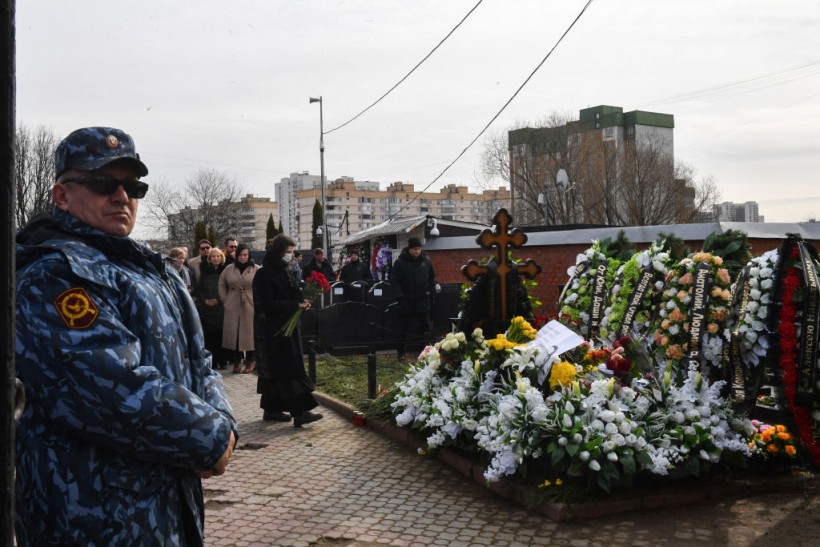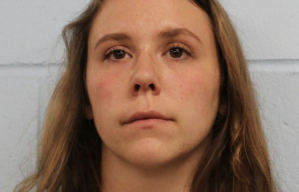
(Photo : OLGA MALTSEVA/AFP via Getty Images)
Mourners visit the grave of Russian opposition leader Alexei Navalny at the Borisovo cemetery in Moscow on March 26, 2024, 40 days after his death, in keeping with Orthodox tradition.
U.S. intelligence agencies don't believe Russian President Vladimir Putin directly ordered Alexei Navalny's death in an Arctic penal colony, prompting pushback from supporters of the late opposition leader, according to a report Saturday.
The American assessment was based in part on classified information and an analysis of public facts, including the timing of Navalny's February death and how it overshadowed Putin's re-election the following month, the Wall Street Journal reported, citing unidentified people familiar with the matter.
The finding — accepted by U.S. spy agencies including the CIA, the Office of the Director of National Intelligence and the State Department's intelligence unit — doesn't completely absolve Putin, the Journal said.
But American officials reportedly believe that Putin didn't order Navalny, 47, killed at the time he died.
Navalny was serving a 19-year prison sentence for extremism when officials said he fell unconscious after a walk on Feb. 16 and couldn't be revived.
His death certificate said he died of natural causes, and the Kremlin has denied allegations from Navalny's family and his Anti-Corruption Foundation that he was murdered.
Longtime Navalny ally Leonid Volkov — who was attacked with a hammer in Lithuania last month — flatly rejected the U.S. intelligence finding, telling the Journal that it was the work of people who "clearly do not understand how modern day Russia runs."
"The idea of Putin being not informed and not approving killing Navalny is ridiculous," Volkov said.
Slawomir Dębski, director of the Polish Institute of International Affairs, a Warsaw think tank close to Poland's presidency, also said that "Navalny was a high-value prisoner, politically, and everybody knew that Putin was personally invested in his fate."
The "chances for this kind of unintended death are low," Dębski emphasized.
Some European intelligence agencies have been told of the U.S. assessment and are skeptical of it, the Journal said, citing several security officials from unspecified countries.
Navalny's death came after he was poisoned with in August 2020 with Novichok, a nerve agent developed by the former Soviet Union.
After recovering in Berlin, he returned to Russia, where he was arrested and eventually convicted of extremism during a secret trial.









